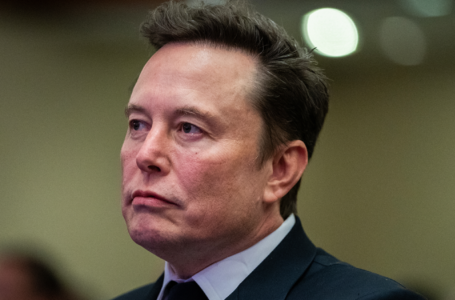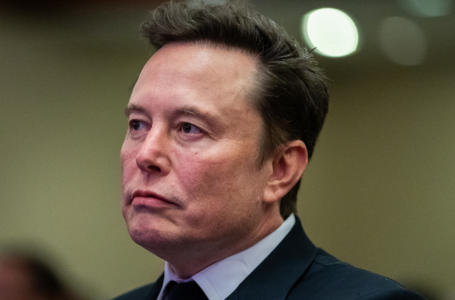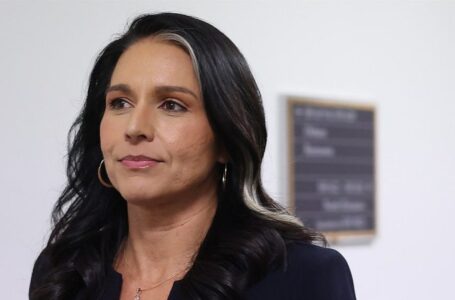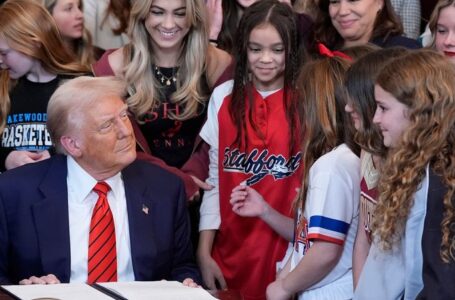Australia soccer star Sam Kerr found not guilty of racially aggravated harassment of police officer
Arizona’s Trump electors subpoenaed in grand jury investigation
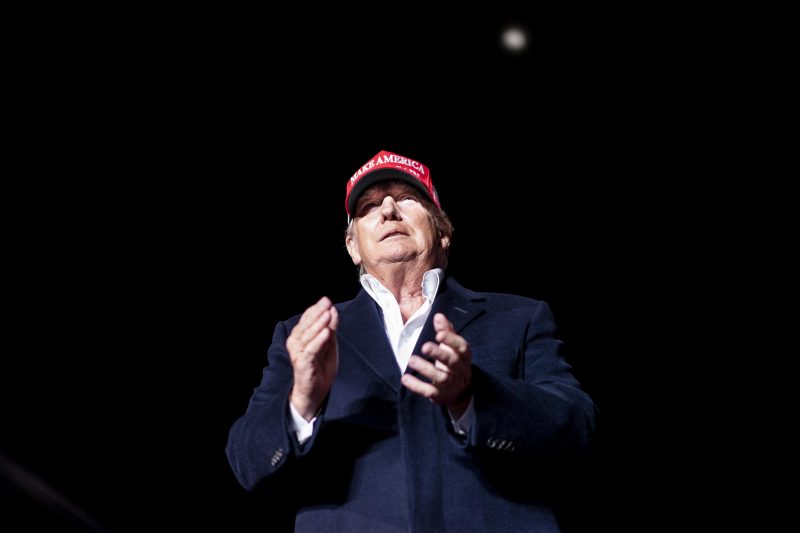

PHOENIX — An Arizona grand jury has issued subpoenas to Republicans who took part in the attempt to overturn the 2020 presidential election by signing and transmitting paperwork that falsely purported to show Donald Trump had won the state’s 11 electoral votes.
The total number of subpoenas issued to the Trump electors is unclear. But most of the 11 had received the legal documents on Wednesday, according to a person familiar with the paperwork but not authorized to talk about them publicly. The subpoenas request each of the Republicans testify before the grand jury about their involvement in the elector plan.
They are part of a year-long investigation by Arizona Attorney General Kris Mayes (D), who has indicated that her office would soon conclude the criminal probe.
Politico reported earlier on Wednesday that the Arizona investigation had subpoenaed people linked to Trump’s 2020 campaign. A person with knowledge of the subpoenas confirmed that.
The person said the subpoenas seemed to focus on Kenneth Chesebro, an architect of the elector plan who met with Arizona investigators in December. Chesebro did not respond to a request for comment. Other Republicans who had knowledge of the elector plan as it unfolded have also been contacted as part of the inquiry, according to a person familiar with the contact.
The Trump campaign did not immediately respond to request for comment.
The developments in Arizona mark a deepening probe by Mayes into how political activists supporting Trump came to gather at the state party’s headquarters on Dec. 14, 2020, as part of a plan to use invalid electors to try to thwart Biden’s victory on Jan. 6, 2021, during the congressional counting of electoral college votes.
Prosecutors in Georgia, Michigan and Nevada have brought charges against pro-Trump electors. The investigation in Arizona could present another layer of legal peril for Republicans in this politically competitive state, which Trump lost by about 11,000 votes in 2020.
Trump has pleaded not guilty in all four of his pending criminal cases. One, related to hush money payments made to a porn star, is due to go to trial this month. The other three have been beset by delays and may or may not begin before the election.
The subpoenas to the Arizona Republican electors came days after new documents tied to the elector strategy were made public as part of a legal settlement in Wisconsin. As part of that civil settlement, Chesebro and James Troupis, who oversaw Trump’s legal efforts in Wisconsin, agreed to make public reams of emails and text messages about their work after the 2020 election. The records revealed additional details about their interactions in the elector strategy with the Trump campaign, state party officials and others.
Chesebro’s records were not new to Arizona prosecutors and investigators, according to people familiar with the probe. They met with him last year after he pleaded guilty in Georgia to a single felony count of participating in a conspiracy to file false documents for his role in organizing the pro-Trump electors.
Taken together, the Chesebro and Troupis records show back-and-forth communication about their work to pull off a plan that saw Republicans in Arizona, Georgia, Michigan, Nevada, Wisconsin, Pennsylvania and New Mexico falsely claim that Trump had won the states. In Arizona, records showed that Chesebro was communicating with then-state Republican Party Chair Kelli Ward; the party’s executive director, Greg Safsten, who was also an elector; local attorneys; Trump campaign officials and others connected to his campaign.
Chesebro drafted certificate templates for the electors to sign and answered Ward’s questions about the names and titles that appeared on those drafts, which were later changed. Records show that Chesebro sent instructions to Ward, Safsten, a Trump campaign official and local attorneys about how to carry out the plan — including how to seal and transmit envelopes carrying the paperwork. He also suggested language for the state party to release publicly after the paperwork had been signed to “minimize the chance of Electors being harassed.”
Two days before the Arizona Republicans gathered, records show that Ward emailed various people connected to Trump’s campaign about the effort.
“I spoke directly to Rudy and told him we were working to make sure we accomplish what we need to do,” she wrote.
Patrick Marley in Madison, Wis., contributed to this report.


